Vertical In Spirit, 2017
8.000 imprinted pigeon rings, galvanized steel linking chain, hot glue, steel frame, yellow galvanized rail, key rings, 226 x 100 x 285 cm/ AWARE OF ANOTHER
In the exhibition space, you could find Vertical in Spirit together with the work Pearls, which consist of a total of 10,000 pigeon rings.
The rings were produced and imprinted with different text in China. In Europe, there is an official distributor for the production of registered rings.
The work Vertical in Spirit contains of 8.000 blue and orange pigeon rings on chains, which form a double-layered curtain with pattern. The blue rings wear the year 1976 with the numbers 00001 to 04000. In the year 1976, after the end of the Chinese Cultural Revolution, pigeon racing was allowed for the first time.
The orange rings wear the year 2010 with the numbers 04000 to 08000. In 2010, it was reported that the People‘s Liberation Army (PLA) had trained 10,000 racing pigeons as messengers, in case of a breakdown in electronic communication. Since 1950, the Chinese military has bred a small unit of trained pigeons. Racing pigeons were widely used in the First World War in Europe. Until 1994, such a military unit still existed in Switzerland.
The Latin term ‘spiritus animalis‘ (*1.1) means ‘life spirits‘ and describes the theory of ‘gaslike particles in the nerves, which are led through the blood (out of which they are extracted) with high speed into the brain and animate the soul, going back to the brain into the muscles‘. (Eisler, Rudolf: Wörterbuch der philosophischen Begriffe [Dictionary of Philosophical Terms], volume 1. Berlin 1904, p. 583-584). This theory is based on ‘Pneuma‘ (1.2), the host and transmitter of all life functions through breathing.
From the term ‘spiritus animalis‘ is also derived ‘Animal Spirits‘, a term used in economics for describing irrational motives, unreflected upon instincts, emotions, and actions, which can have deep impact on the economy. The economist John Maynard Keynes (2) introduced the term in 1936. Nowadays the economists Robert Shiller and George Akerlof (*3) are linking the interpretation of the ‘Animal Spirits‘ to new insights in behavioural economics.
Pigeons seem to spot a pattern in the sky that indicates the direction of polarisation of light. They can orient on this and realize the whereabouts of the North Pole.
I concentrated on racing pigeons for the solo exhibition AWARE OF ANOTHER and researched the topic during my 2016 residency in China. In and around Beijing, i sought out pigeon fanciers and interviewed them, which led to an increasing network of contacts with fanciers and their pigeon lofts. Nowadays the races are a lucrative market for the new Chinese middle class. I developed new works for AWARE OF ANOTHER in the gallery Matjö – space for art honouring the pigeon: taking the pigeon as an example, i examined the meaning of culture, memory and change over time.
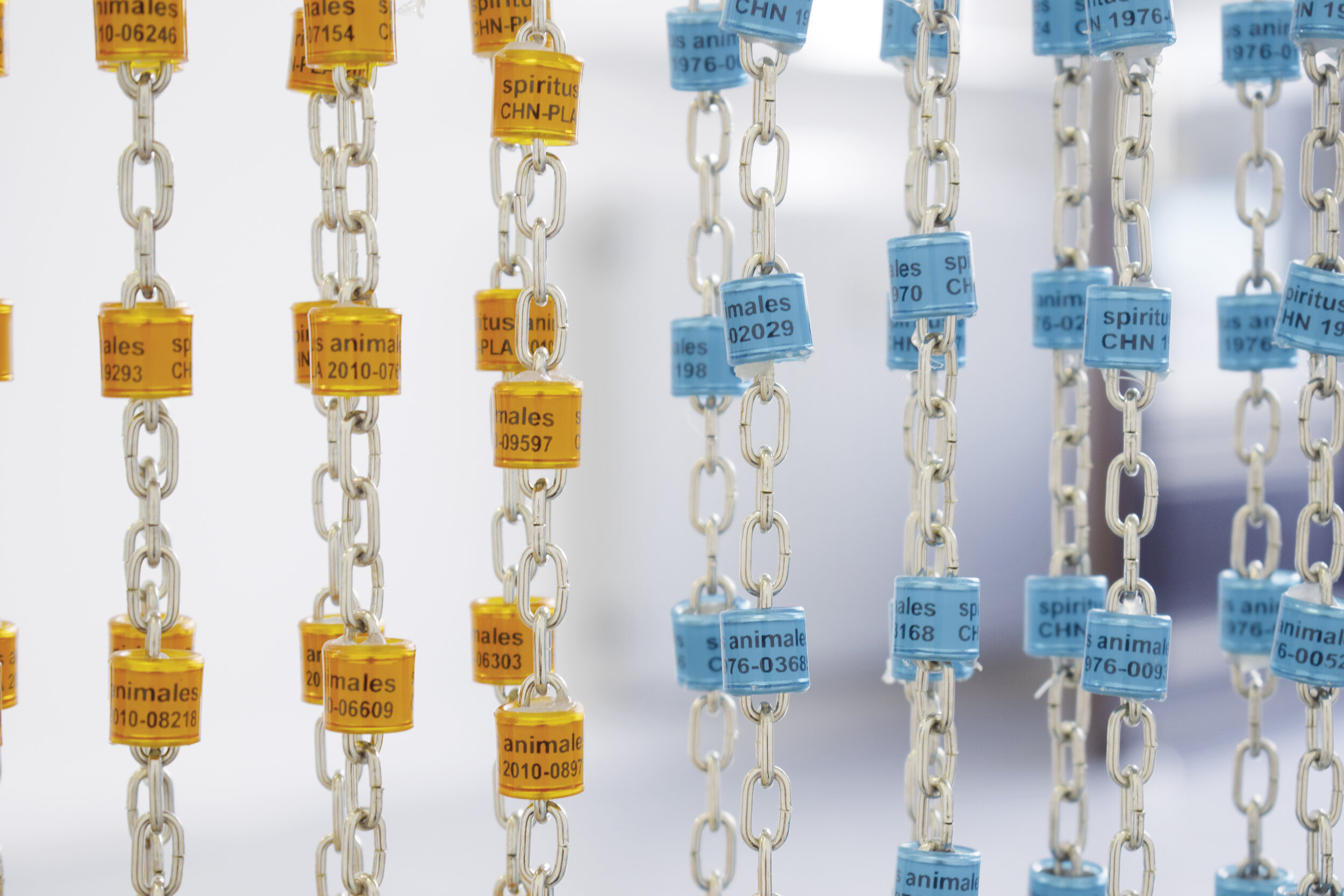
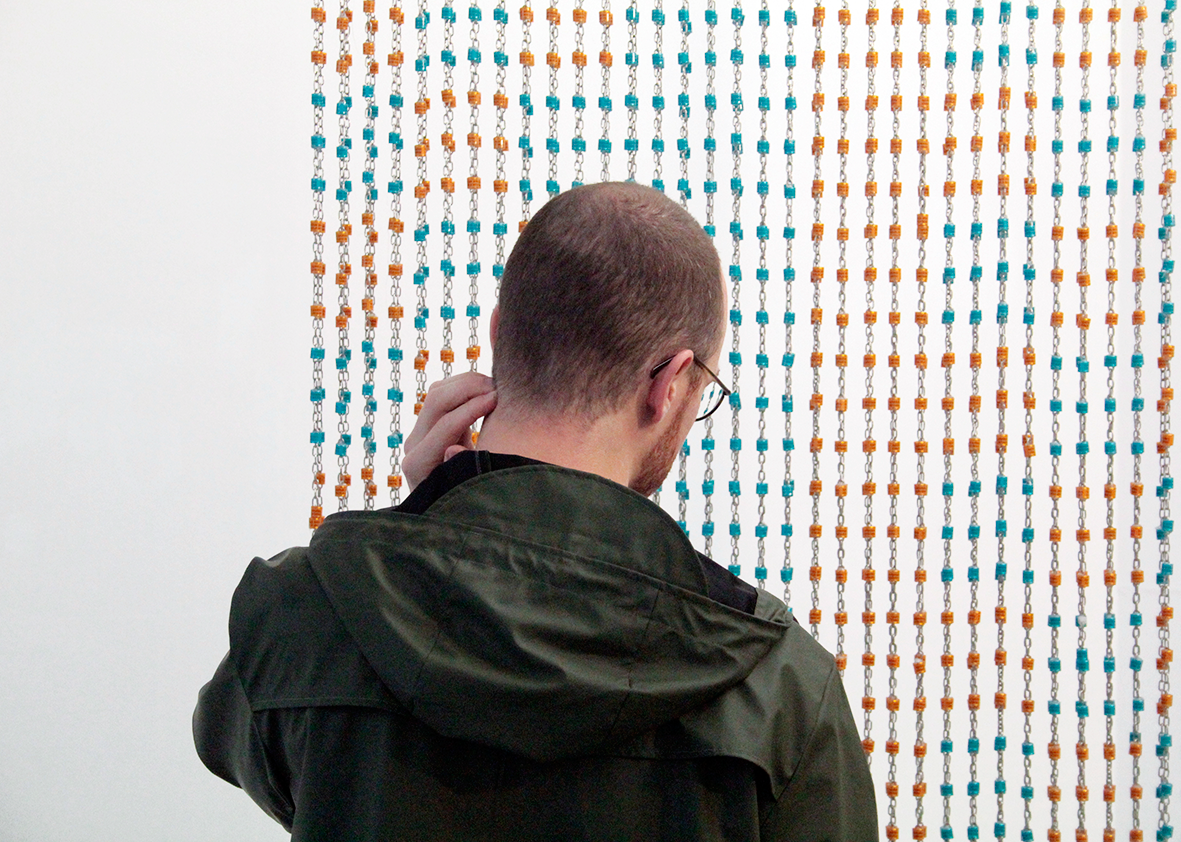


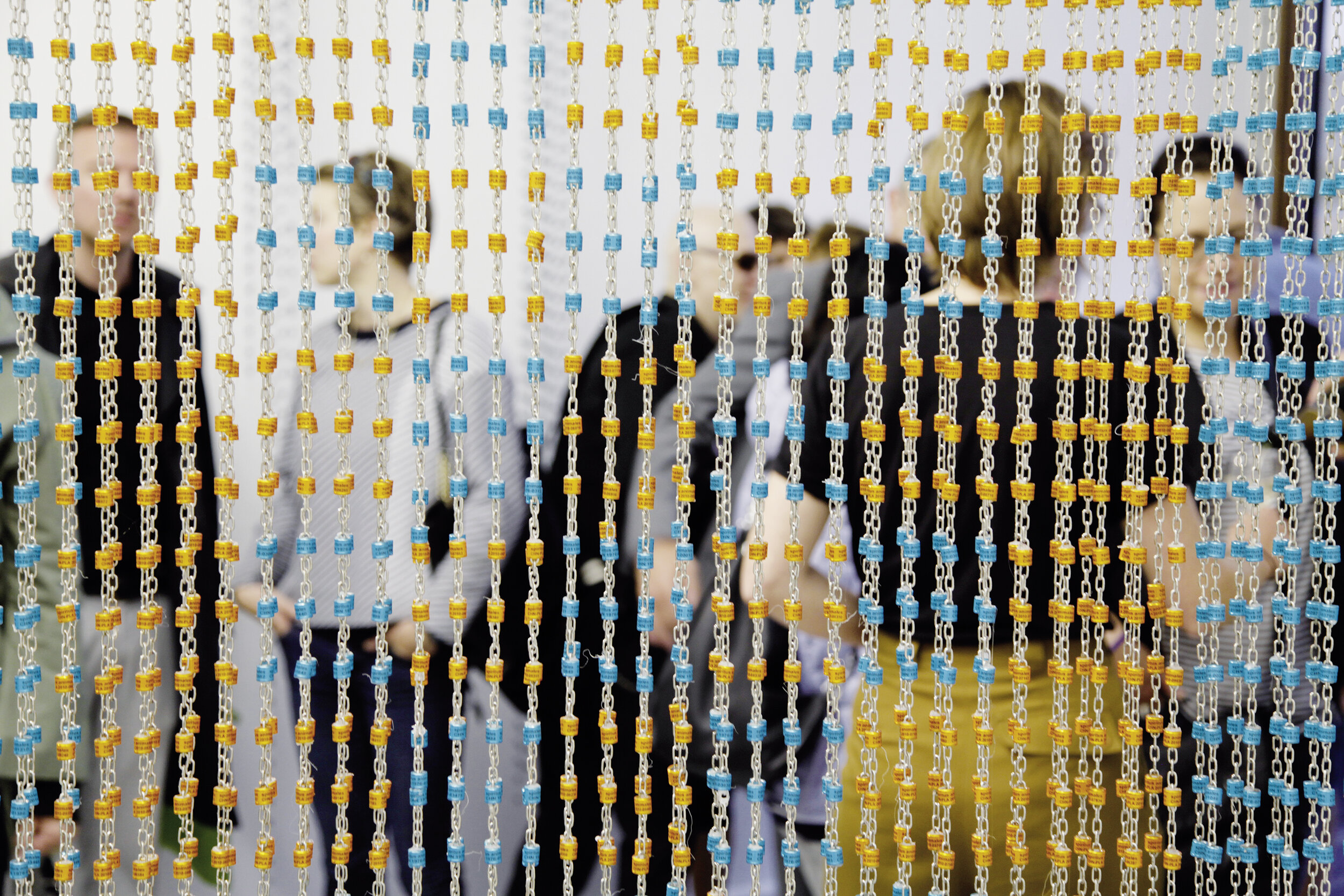
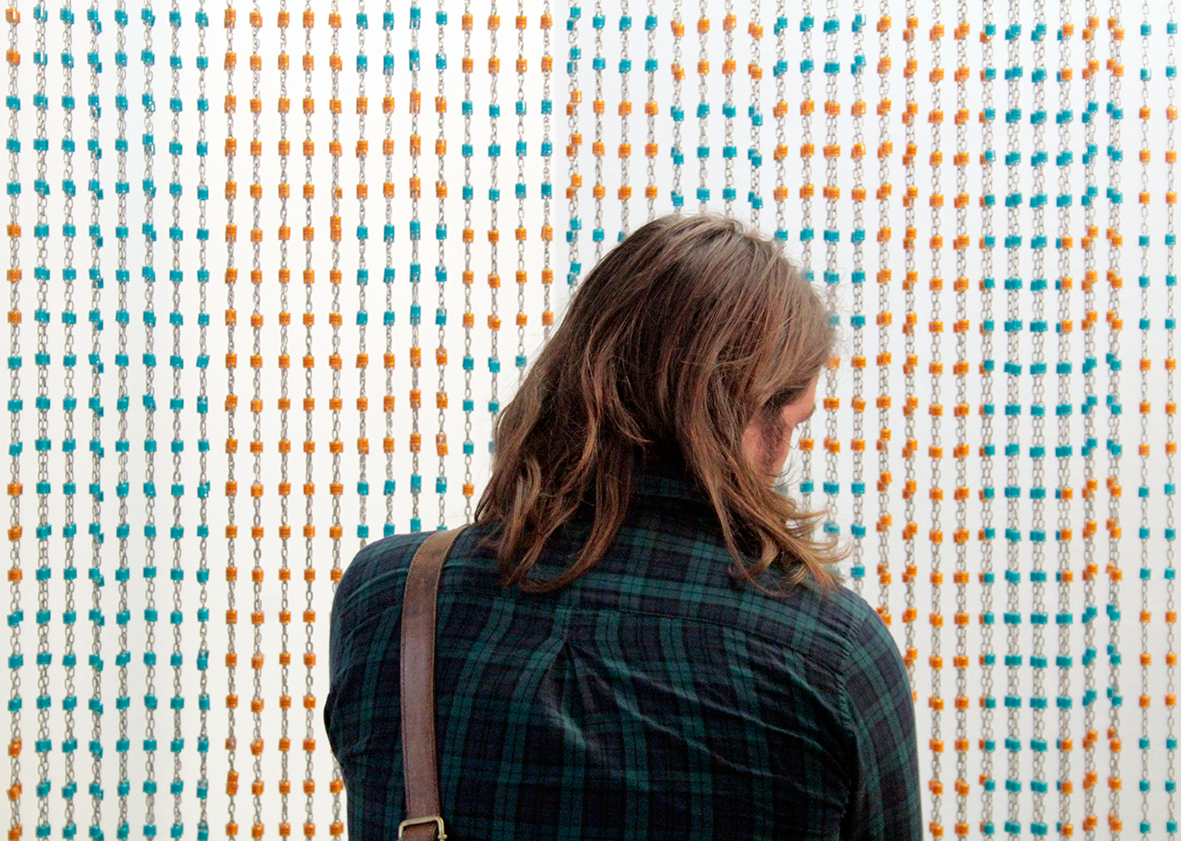
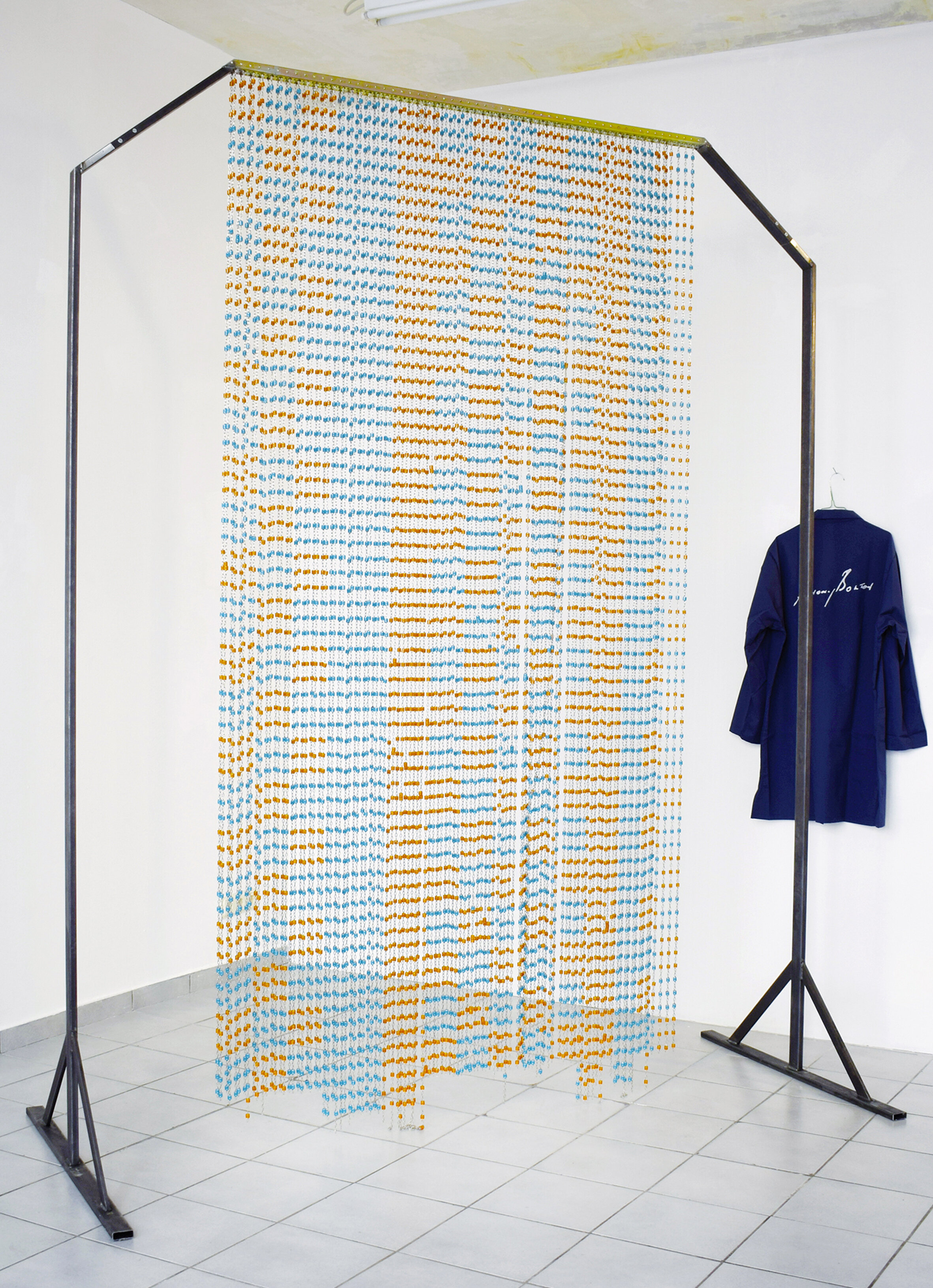


(*1.1) animālis, e (anima), I) out of air, air like, airy, natura, Cic.: corporum levium concursio, Cic.: duae partes, una ignea, altera animalis, Cic. – II) for breathing, vena, Scrib. 84. – III) belonging to life, 1) act., inheriting and giving life (Ggstz. inanimus, inanimalis), cibus, life air, Cic.: intellegentia, spiritual life power, Cic.: spiritus, life spirits. Karl Ernst Georges: Ausführliches lateinisch-deutsches Handwörterbuch. Hannover 81913 (Nachdruck Darmstadt 1998), Band 1, Sp. 437-438
(*1.2) Pneuma (pneuma): whiff, ethereal fire, life spirit. That the organism takes on air, used on physiological theories from HIPPOKRATES. According to ARISTOTELES, in blood lies an air like substance (anathymiasis), in arteries lies a pneuma as carrier of impulses of emotion and movement. The pneuma in the organism gets distributed by the veins and causes pulse and breathing. The Stoics call pneuma the god-nature of their powerful and all permeating being. Eisler, Rudolf: Wörterbuch der philosophischen Begriffe, Band 2. Berlin 1904, S. 123-124.
(*2) John Maynard Keynes, British economist General theory of employment, interest and money "Apart from the instability that arises from speculation, instability also arises from human nature. Because of it, a large part of our positive activities, be they moral or hedonistic or economic, are rather dependent on spontaneous optimism than mathematical calculations. Probably most of the positive decisions whose impacts an be experienced in future times, can be traced back to life spirits – on a sudden impulse to action rather than inaction and the weighted average of quantitative benefits multiplied by quantitative probabilities.
(*3) George A. Akerlof, Co-Winner of the 2001 Nobel Prize in Economics Robert J. Shiller, Co-Winner of the 2013 Nobel Prize in Economics, Animal Spirits, 2009: How Human Psychology Drives the Economy, and Why It Matters for Global Capitalism
"The global financial crisis has made it painfully clear that powerful psychological forces are imperilling the wealth of nations today. From blind faith in ever-rising housing prices to plummeting confidence in capital markets, „animal spirits“ are driving financial events worldwide. In this book, acclaimed economists George Akerlof and Robert Shiller challenge the economic wisdom that got us into this mess, and put forward a bold new vision that will transform economics and restore prosperity." (Princeton University Press)
Photo: Sara Hoffmann, Selma Gültoprak
Installation view: matjö - Raum für Kunst
